2021 Education and Society Minor Graduating Seniors


Beamlak Lefebo
Physics
After an eye-opening experience working for an education/leadership development non-profit during the summer after his first year, Beamlak has become thoroughly interested in education as a field of study. With the intent on pursuing a graduate degree in physics, Beamlak believes that the minor will allow them to be a better advocate for equity in STEM. Moreover, he has acquired a deeper understanding of educational outcomes for individual and groups of students, as his courses have shared elements of the experiences of marginalized students, which he hopes to apply to his interactions in the education field in the future.
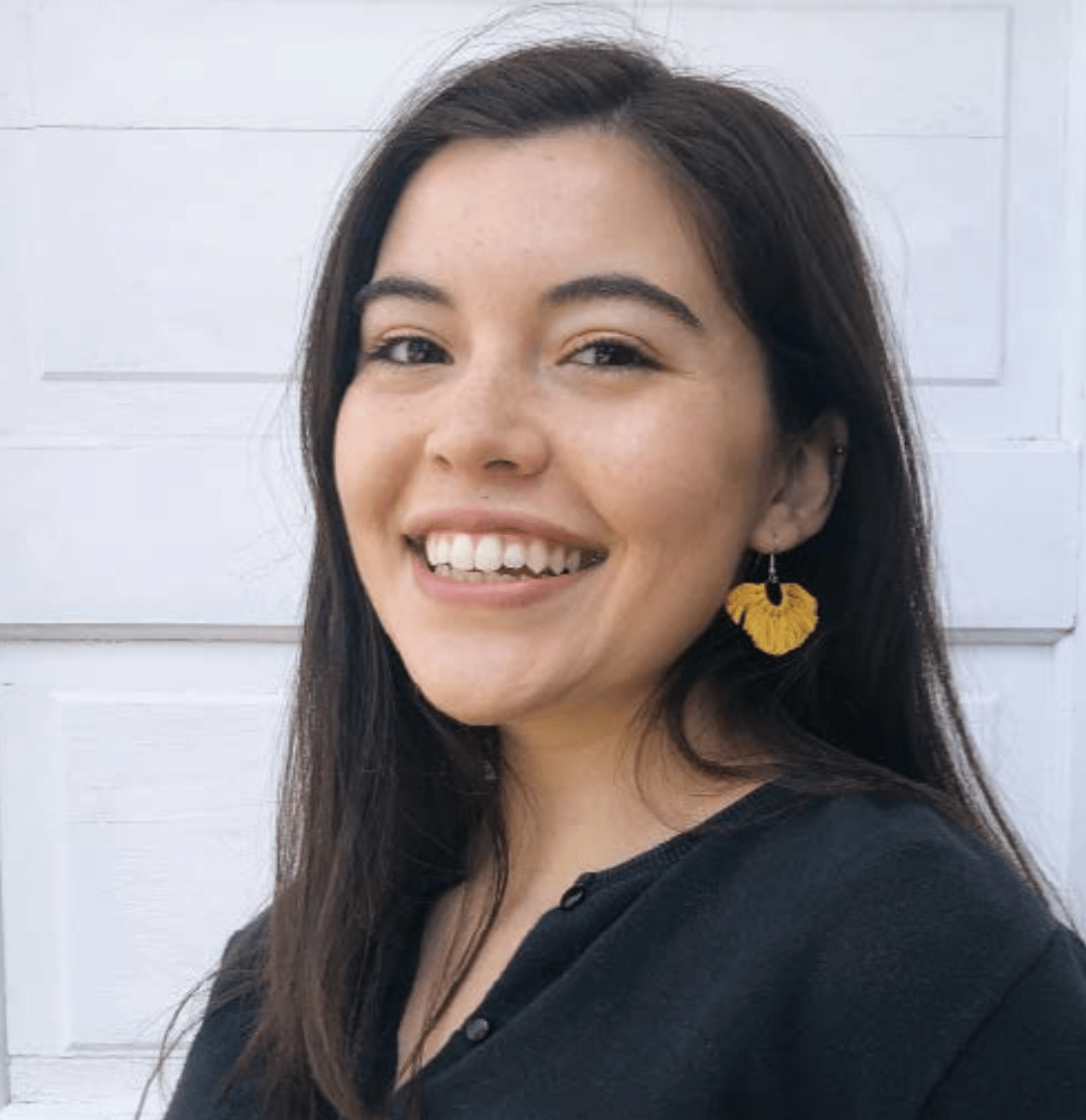
Isabella Hernandez
Political science
Isabella found that the minor introduced her to the enormous extent to which the education system has helped shape her life and its impacts on her identity. Having “directly impacted [her] future ambitions,” the minor helped her discover her passion for education and playing an active role in improving the system help others have a better experience than she did. Therefore, Isabella plans to work in a research capacity on improving education programs and eventually to help form education policy in the government.
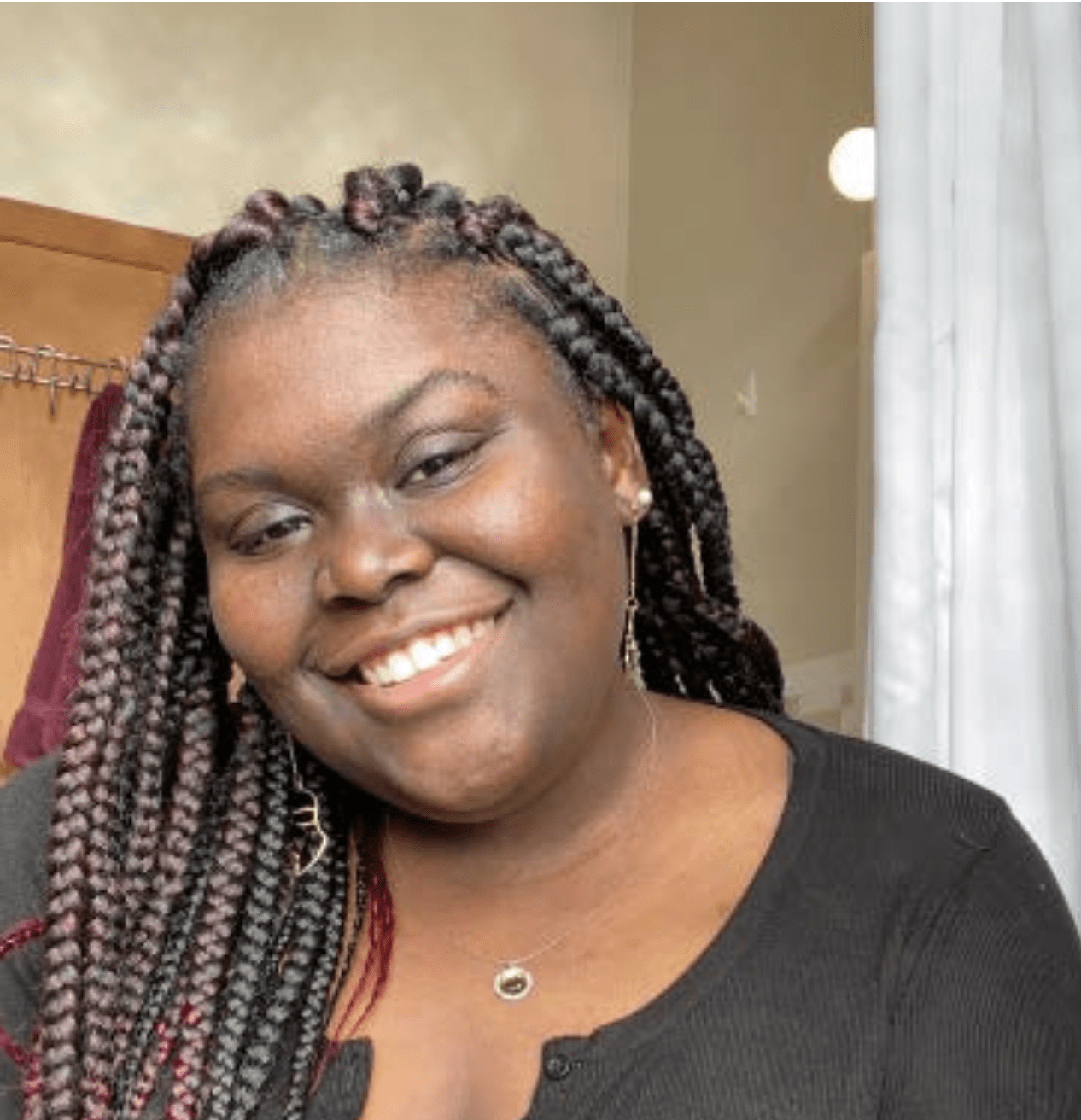
Destiny Gayle
Comparative Human Development
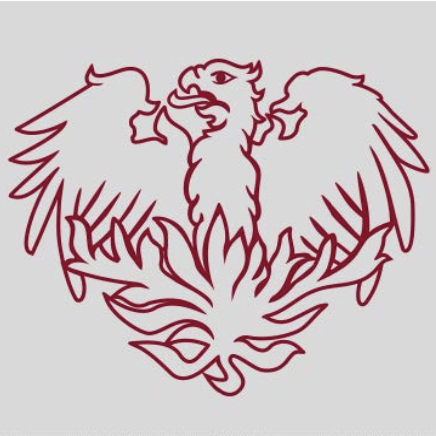
Alyssa Condie
Neuroscience
Passionate about reducing social inequalities in academic achievement, Alyssa saw the minor as a way to engage with coursework that directly discuss the multifaceted interactions that produce different educational outcomes and experiences. Through the variety of course selections available to her, she has focused on developing an interdisciplinary understanding of how to understand and address educational inequities. Specifically, she now recognizes that there are political, social, economic, and cultural factors that can give rise to or correct disparities that can be further explored in research and program development. Applying this to her own research in neuroscience, she has been exposed to analytical frameworks and conceptual understandings that are essential facets of public health research, which she will continue after graduation.

Jasmine Guerrier
Public Policy
Before the minor was created, Jasmine took a class with Professor Alex Seeskin at the Urban Education Institute and was excited to take more classes on education once the minor became available. Because of her academic experiences, she now regu- larly interacts with Chicago Public School classrooms through various RSOs and internships that she was in- troduced to, in part, by the minor’s resources. She will be attending Northwestern Law School in the Autumn, and she hopes to integrate her interests of education into her future career. Students, for Jasmine, are often forgotten in legislation and legislators do not necessarily incorporate students’ interests into the law, which Jasmine aims to solve as a future legislator.

Jessica Cohen
Psychology and Comparative Human Development
Interested in studying the intersections between human development and schooling, Jessica was eager to learn about how different aspects of schooling affected the developmental process, in addition to other social factors. Although she does not intend to pursue a career in the education field, Jessica considers herself more knowledgeable of how the education system works, how schooling affects children, and how other institutions influence and create problems for schools.
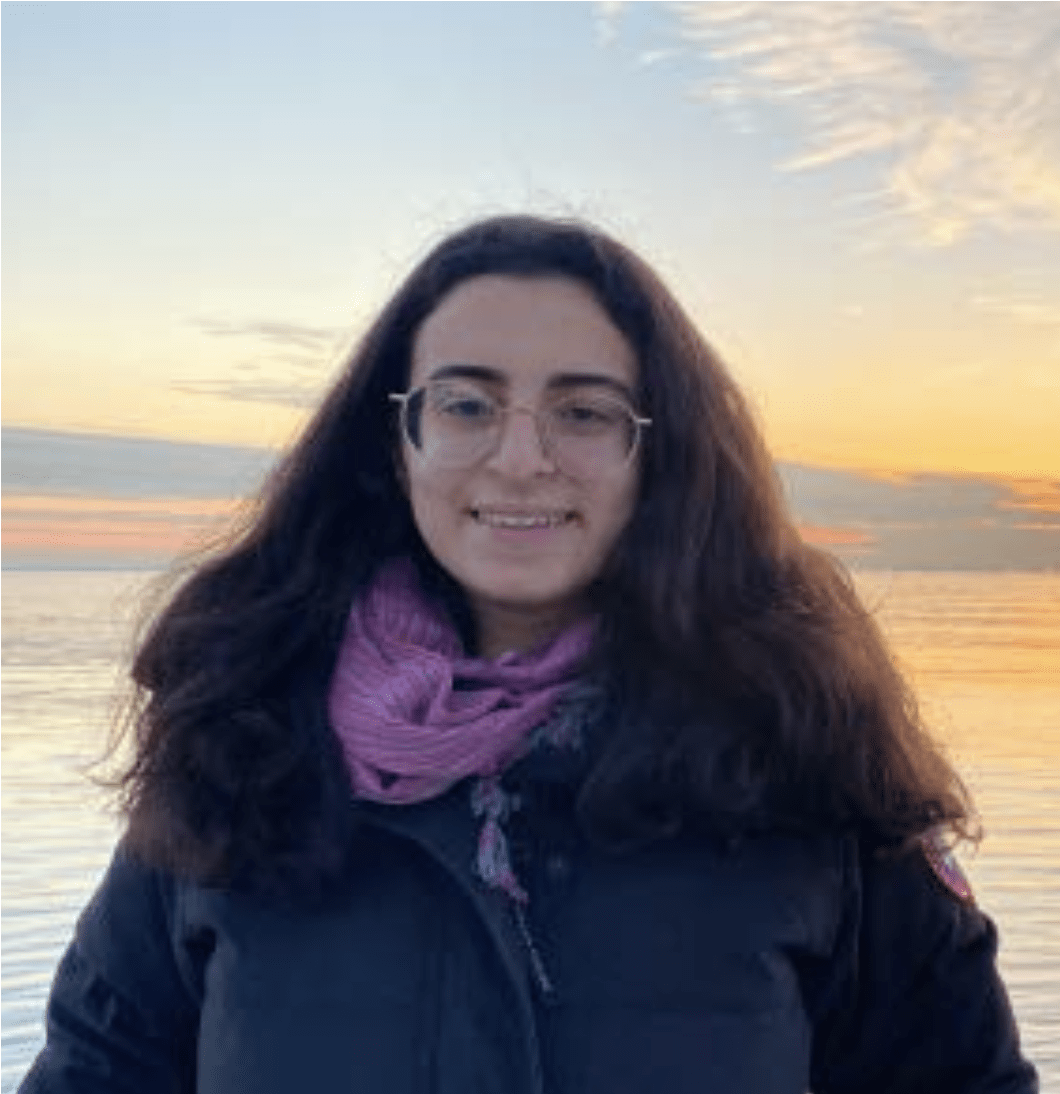
Malak Arafa
Political Science
From a young age, Malak knew she wanted to teach. Although she had many experiences tutoring and teaching others, she craved a more theoretical understanding of education, teaching, and learning, propelling her into the Education and Society minor. Her classes in the minor have not only introduced her to all of the theoretical understandings she hoped for but also discussed the process of identity formation that happens in the classroom, the gap between research and policy implementation, and what educators can do to channel social justice into the classroom. Consequently, she has decided to obtain her Masters of Arts in Teaching– a dream of hers that now she is beginning to realize.

Sam Zeglis
Public Policy
Since the summer after her first year, Sam was interested in education as a career path but did not know where to get started academically. However, once the minor was announced, she “jumped at the chance” to become part of a community interest- ed in education as a career goal or at least an academic pursuit. Looking back, Sam found that his favorite part of the minor was the wide variety of options available to her, allowing her to explore multiple different areas of education. In addition to the minor’s variety, Sam benefited from being able to select classes that aligned with her interests in anti-racist and intersectional approaches to learning and solving problems in the education system.

Faith Anaya
Comparative Human Development
In their Comparative Human Development major, Faith was already taking a number of education focused classes. Once the minor opened, they were excited to have an even larger interdisciplinary pool of courses from which to choose. The minor focused on providing Faith with a solid, theoretical grounding so that even if she ends up not being a teacher, she will be able to transfer the critical thinking skills and theoretical foundations to wherever she wants to make an impact.

Wan Usamah Amirah
Economics and Public Policy
Wan Usamah was originally interested in the minor because she wanted to study the effects of schooling on social reproduction, as well as to better understand how education policy impacts students’ experiences at school. The minor offered her the opportunity to explore this central question from multiple angles and several disciplines, helping her to gain exposure in a variety of fields. With this interdisciplinary back- ground, Wan Usamah plans to go into public policy research and study education and labor policy in particular.

Luna Splendori
Romance Languages and Literatures and Linguistics
With an unconquerable interest in the American education system, Luna was thrilled about all of the different aspects of education that the minor discussed. As a “direct result of the Education & Society minor,” she has decided to pursue her MEd. Moreover, the minor heightened her interest even further than before in studying the American education system. She hopes to improve the education system and enact change as she continues to engage with and learn more about the system.
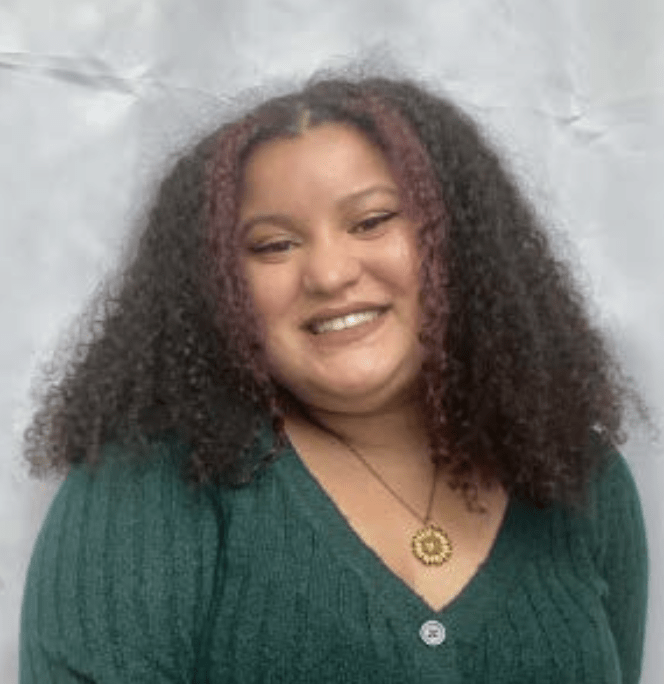
Giovanna Gari
Psychology
Giovanna knew she wanted to become a teacher. Though the minor was not created when she arrived at UChicago, she was still interest- ed in learning more about education. Once the minor was created, she was excited to pick it up so she could learn more about the field. Her experiences with the minor have made her thrilled to be in the classroom in the future, and she has become even more interested in working with marginalized students. For evidence, she points to how her classes have informed her about the unique challenges of students in marginalized com- munities, which will help her work with students of different backgrounds than her. In the next two years, she expects to apply to teacher residency programs.
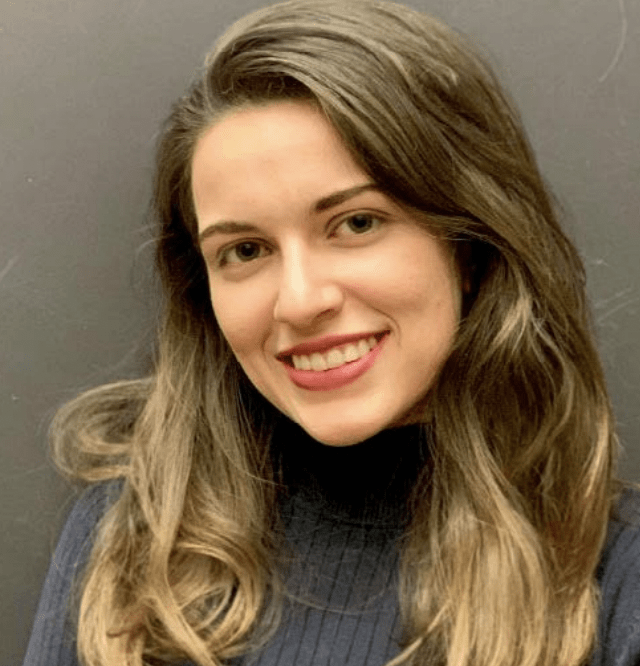
Denise Azadeh
Public Policy
Entering college with an interest in education policy, Denise decided to take a class or two about education, which broadened her fascination to include the entire field. She plans to do legal or policy work in education, and she credits the minor with giving her the background to understand how all of the different facets of the system work, how they are structured, and how change can happen. After graduation, she will work for a few years before attending law school, where she can apply the tools she has learned from the minor to critically analyze social institutions that make such an enormous impact on individuals and groups.

Maxine King
Mathematics and Computer Science
Maxine has always been interested in education and in thinking about the best ways to teach and the best subjects to teach. The minor has allowed her to explore each of these facets from various angles, especially from the psychological, historical, and political, while also giving herself practical knowledge and skills related to teaching. While she intends to become a software developer, she thinks she will one day become a teacher, so the minor for her is an introduction and potentially head start into that next phase in her life.
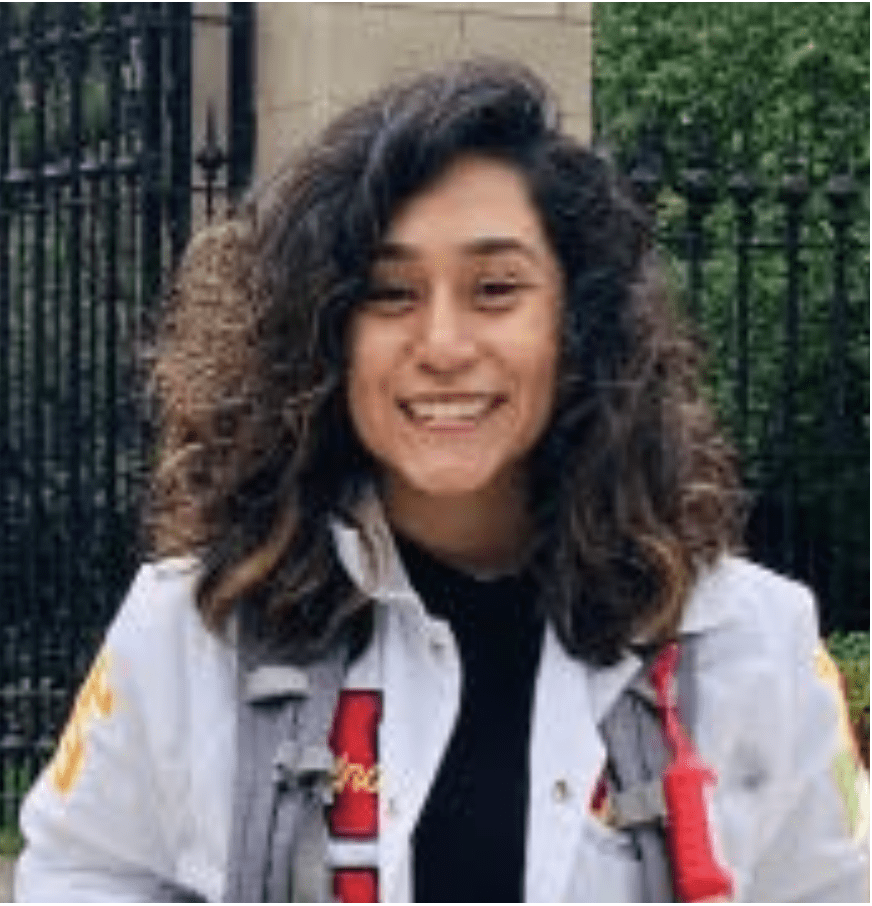
Stephanie Valencia
Sociology
After interning at Erie Neighborhood House, Steaphine realize that she wanted to be in the education field so she could give back and teach those from similar backgorunds and communities as her own. The connections she made with students at Erie were and still are meaningful and were consequential in deciding to pursue the minor. She is particularly grateful for taking all of the education classes that have focused on teaching theories and pedagogies, which will be extremely helpful once she starts teaching in the classroom. Thus, Stephanie will be going to graduate school after graduation to get her teaching certification and masters in teaching!
